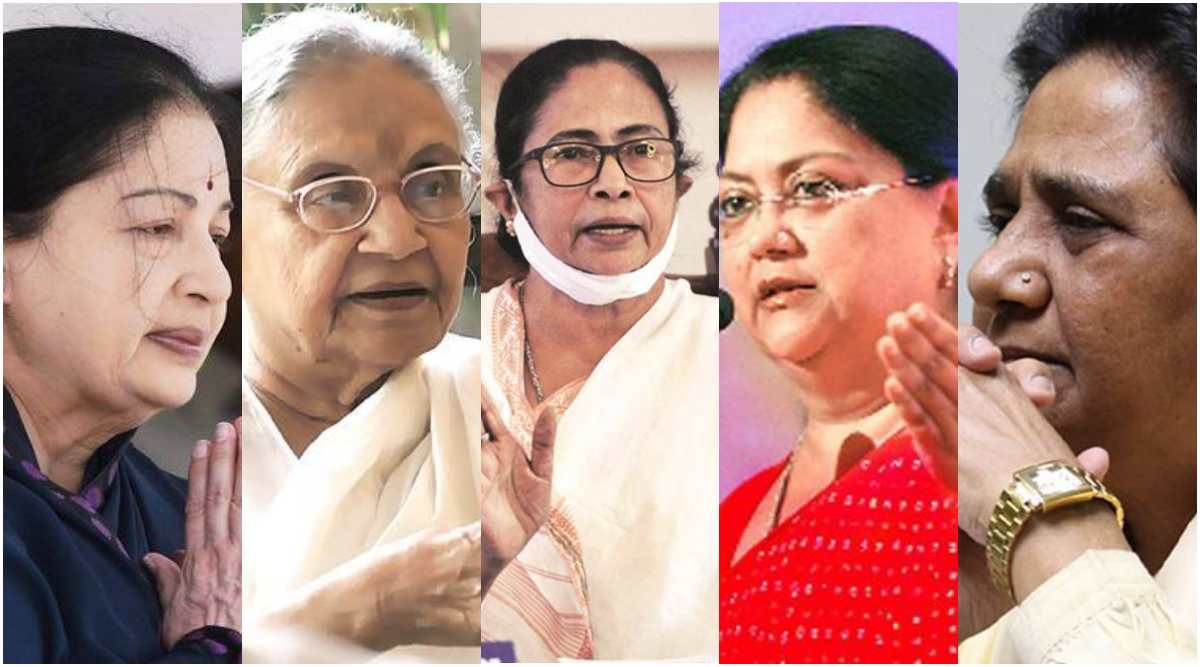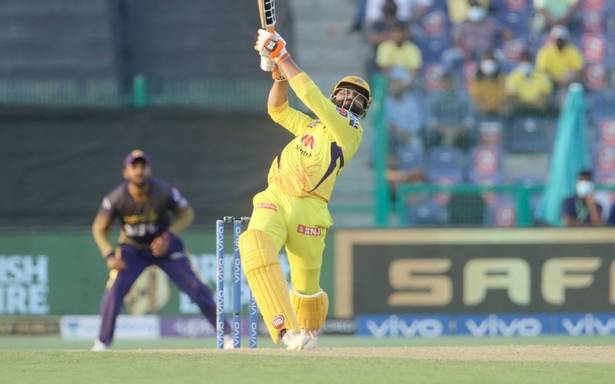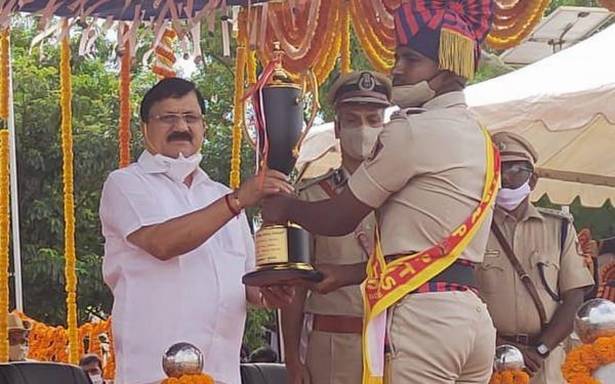Mamata Banerjee, who has emerged as a major centre in the country’s political powerplay, is now one of the longest-serving woman chief ministers in the history of India. Besides her, only former Delhi CM Sheila Dixit had won three consecutive terms, staying in office for 15 years.
She is also the only woman chief minister in the country at the moment. In 2018, speaking about Mamata Banerjee, Sheila Dixit had said, “Each woman chief minister, including me has won elections and then lost. Once you have lost, you have to leave. I am happy that Mamata Banerjee represents all of us women at the moment as the chief minister of Bengal.”
Having come to power in 2011 after defeating the Left that was ruling the state for 34 long years, Banerjee has been challenged by the Opposition at point and the current election shows how she has overcome hurdles put forward by the Left, Right and Centre to come out on top.
With Didi all set to take oath for the third time, we take a look at the longest-serving woman chief ministers the country has seen so far:
Sheila Dixit
Sheila Dixit was the longest-serving chief minister of Delhi, as well as the longest-serving female chief minister of any Indian state, having won elections from 1998 till 2013. Dikshit led Congress party to three consecutive electoral victories in the national capital.
Dikshit represented the Gole Market Assembly constituency in the 1998 and 2003 Assembly elections and New Delhi constituency from 2008. Her party was, however, wiped out in the 2013 Delhi Legislative Assembly election and Arvind Kejriwal, the founder of the Aam Aadmi party won against her in the New Delhi Assembly constituency by a margin of 25,864 votes.
Jayalalithaa
Jayaram Jayalalitha, a former film actress who became the powerful four-term leader of Tamil Nadu, besides coming to power for two more short terms, transformed the face of the Dravidian movement.
She was elected to her first term in 1991, a few years after her mentor MGR’s death. In 1996, her party, the AIADMK, lost power when it won just 4 of the 168 seats that they contested. Jayalalithaa was herself defeated by the DMK candidate in Bargur constituency.
Jayalalithaa was barred from standing as a candidate in the 2001 elections because she was found guilty of criminal offences, including allegedly obtaining property belonging to a state-operated agency called TANSI. Although she appealed to the Supreme Court of India, having been sentenced to five years’ imprisonment, the matter was not resolved at the time of the elections. Despite this, the AIADMK won a majority and she was installed as the chief minister as a non-elected member of the state assembly on May 14, 2001. However, within a few months of her taking oath as chief minister, in September 2001, she was disqualified from holding office, and forced to cede the chair to loyalist O Panneerselvam.
Upon her acquittal six months later, Jayalalithaa returned as chief minister to complete her term.
After another period (2006–11) in the opposition, Jayalalithaa was sworn in as chief minister for the fourth time after the AIADMK swept the 2011 Assembly elections. Three years into her tenure, she was convicted in a disproportionate-assets case, rendering her disqualified to hold office.
On September 27, 2014, Jayalalithaa was sentenced to four years in jail and fined Rs 100 crore by the Special Court in Bengaluru. She was automatically disqualified from the post of chief minister and the legislative assembly of Tamil Nadu, and thus became the first sitting Indian chief minister to be disqualified.
The Supreme Court overturned the ruling and the acquittal allowed her once again to hold office and on May 23, 2015 took over as CM again. In the 2016 Assembly elections, she became the first Tamil Nadu chief minister since MGR in 1984 to be voted back into office. That September, she fell severely ill and, following 75 days of hospitalisation, died on December 5, 2016 due to cardiac arrest.
Mayawati
Mayawati, the national president of the Bahujan Samaj Party, had served as the chief minister of Uttar Pradesh in four separate terms. She was chief minister briefly in 1995 and again in 1997, then from 2002 to 2003 and from 2007 to 2012.
She is also famed as being the first Chief Minister of Uttar Pradesh to have completed a full five-year term. The Dalit czarina, whose social engineering catapulted her to a simple majority of 206 in the 403-member Assembly in the 2007 elections, became the Chief Minister for the fourth time in 2007, achieving the feat of former CMs Chandrabhanu Gupta and N.D. Tiwari of the Congress, who graced the post four times each.
The history of the State shows that none of the 31 Chief Ministers was able to complete a five-year term, not even stalwarts like Gobind Ballabh Pant, Sucheta Kriplani, V.P. Singh, Kamlapati Tripathi, Kalyan Singh and Mulayam Singh, among others.
Vasundhara Raje
Vasundhara Raje Scindia, who is also the head of the Dholpur royal family, served as the chief minister of Rajasthan twice during her political career.
Having completed four terms in the Lok Sabha in 1989, in 2003, Raje returned to Rajasthan’s state politics and led the BJP to a strong electoral victory — 120 out of 200 seats — in the legislative assembly. The party formed a government, with Raje appointed chief minister, the first woman to occupy that position in Rajasthan.
However, in 2008, her party was ousted out of power by the Congress. The BJP only managed to win 78 seats, and the Congress was able to form a coalition government.
She was again chosen to lead the BJP campaign when it contested for the December 2013 state assembly polls. The party swept the polls, capturing 163 seats, and Raje began her second term as chief minister.




